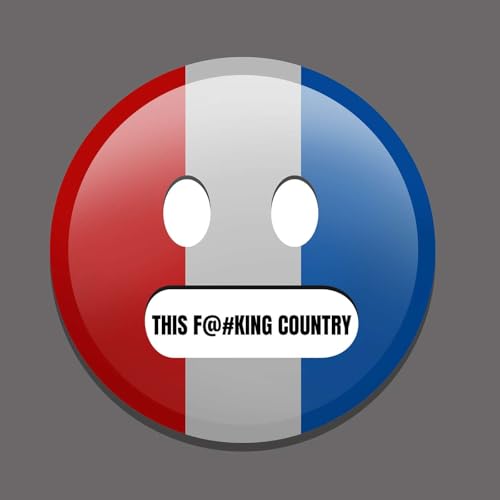
Raising Children in a Broken Democracy: Two Fathers Speak Out
カートのアイテムが多すぎます
カートに追加できませんでした。
ウィッシュリストに追加できませんでした。
ほしい物リストの削除に失敗しました。
ポッドキャストのフォローに失敗しました
ポッドキャストのフォロー解除に失敗しました
-
ナレーター:
-
著者:
このコンテンツについて
Send us a text
The political landscape has shifted from theoretical concerns to frightening reality. Two fathers sit down to discuss what many American parents are thinking but few are saying aloud: How do we raise children when democracy itself seems to be crumbling around us?
Greg and his neighbor John, each with three children, engage in a raw, unfiltered conversation about parental fears in a nation sliding toward authoritarianism. They articulate the paralyzing dilemma facing politically-aware parents today – the desire to take meaningful action against democratic backsliding versus the responsibility to maintain stability for their families. "I'm willing to lose it," one father admits about the comfortable life he's built, "but I don't want to make the lives of my children and my wife worse."
The conversation explores how political tensions have affected their children's worldview, revealing that their young adult children have already decided against having their own kids due to the state of the world. This generational response to political uncertainty highlights the long-term psychological impact of our current climate. Meanwhile, the fathers discuss their frustration with ineffective protests, media complicity in normalizing extremism, and the failure of traditional political responses to counter authoritarian tendencies.
Beyond mere venting, this episode captures the genuine anguish of parents watching their children's future possibilities narrow while feeling powerless to stop it. It's a conversation happening in kitchens and living rooms across America as parents ask themselves: What are we willing to risk for democracy? What example should we set for our children? And how do we prepare them for a world we never imagined they would inherit?
Listen in as two concerned fathers speak candidly about the choices facing American parents today. Their conversation may reflect your own unspoken fears – and perhaps offer solidarity in knowing you're not alone in having them.



